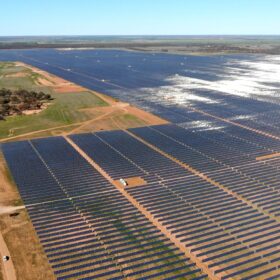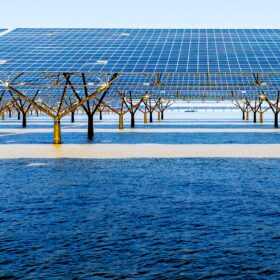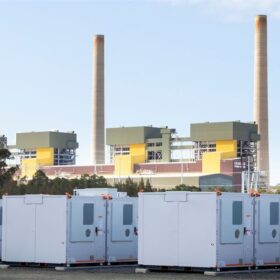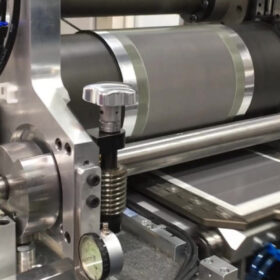The FCAI has been promoting extraordinary projections that claim the price of popular car models would increase by up by $6000 to $25,000 under the government’s proposed legislation. However, an internal FCAI briefing paper, obtained by the media, shows that the FCAI’s actual modelling makes more realistic assumptions based on trends in consumer and car maker behaviour.
EVC chief executive Behyad Jafari has called on the FCAI to change tack.
“Anyone who knows anything about how efficiency standards actually work across the globe would recognise the FCAI’s public claims about price are not honest or credible,” Mr Jafari said.
“You won’t hear any actual car maker echo the FCAI’s claims because they know their credibility would be shredded if they did.
“If the FCAI wants to lobby against New Vehicle Efficiency Standards I think that’s a strange decision, but it’s their prerogative. I just think anything they tell the public should at least be based on the same – admittedly still flawed – information they tell each other.
“The idea that any model would shoot up by any significant amount can only be supported if you base you modelling on completely unrealistic assumptions, which is exactly what we now see the FCAI has been doing.
“The FCAI knows that New Vehicle Efficiency Standards work by nudging car makers to change their behaviour – both by selling more efficient version of their existing combustion engine models and by offering consumers a more attractive range of EVs and plug-in hybrids.
“This idea that car makers would suddenly jack up prices by huge amounts is pure fantasy, and anyone objective will tell you this. The US has had efficiency standards in place since last century, and the number one and two cars sold in America last year were both big combustion engine utes, they just build them to be more efficient.






By submitting this form you agree to pv magazine using your data for the purposes of publishing your comment.
Your personal data will only be disclosed or otherwise transmitted to third parties for the purposes of spam filtering or if this is necessary for technical maintenance of the website. Any other transfer to third parties will not take place unless this is justified on the basis of applicable data protection regulations or if pv magazine is legally obliged to do so.
You may revoke this consent at any time with effect for the future, in which case your personal data will be deleted immediately. Otherwise, your data will be deleted if pv magazine has processed your request or the purpose of data storage is fulfilled.
Further information on data privacy can be found in our Data Protection Policy.